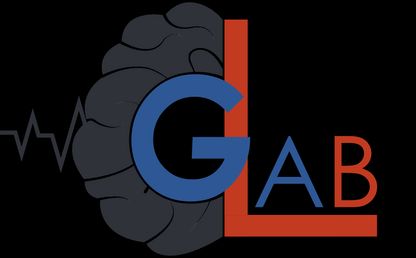GenLab
GenLab is part of the Institut für Psychologie of the Goethe University Frankfurt.
GenLab’s main mission is to take an interdisciplinary and multilingual approach to the study of grammatical gender, a topic of active debate among theoretical linguists, psycho- and neurolinguists, sociolinguists, social psychologists, and, increasingly, everyday citizens and policymakers. Our research primarily uses behavioral experiments and electroencephalography to determine how and when gender is retrieved from memory during language comprehension, and whether this process interacts with social cognition. We go beyond the basic question of how retrieval occurs, asking why it may differ between native speakers and learners of gendered languages, with the ultimate goal of making gender easier to teach and acquire.
It originated from the €1.5 million project ‘The Cognitive Pathways of Gender: A Cross-Linguistic Electrophysiological Assessment (GenPath)’, funded by the German Research Foundation (Deutsche Forschungsgemeinschaft, DFG).
Other research
From a broader perspective, our ongoing projects also involve other areas of psycholinguistics, namely:
- Grammar and emotion
- Negation
- Morphological processing in bilinguals
- Simultaneous bilingualism in language contact areas (Spain)
- Development of academic skills in bilingual children in European and Latin American territories (mainly Portugal, Spain, and Brazil)
Equipment
GenLab is a fully equipped, state-of-the-art electroencephalographic laboratory. We use a 64-channel actiCHamp Plus EEG system with active electrodes, a trigger box, and a BIP2AUX adapter for EMG/EKG/EOG recordings, supported by high-performance computers. For experimental programming, we work with DMDX, OpenSesame, Psytoolkit, and Python. Data are pre-processed using EEGLAB (Matlab) and Python, and statistical analyses are conducted in R.
All researchers interested in adding to our integrative research on grammatical gender are more than welcome to contact us.
